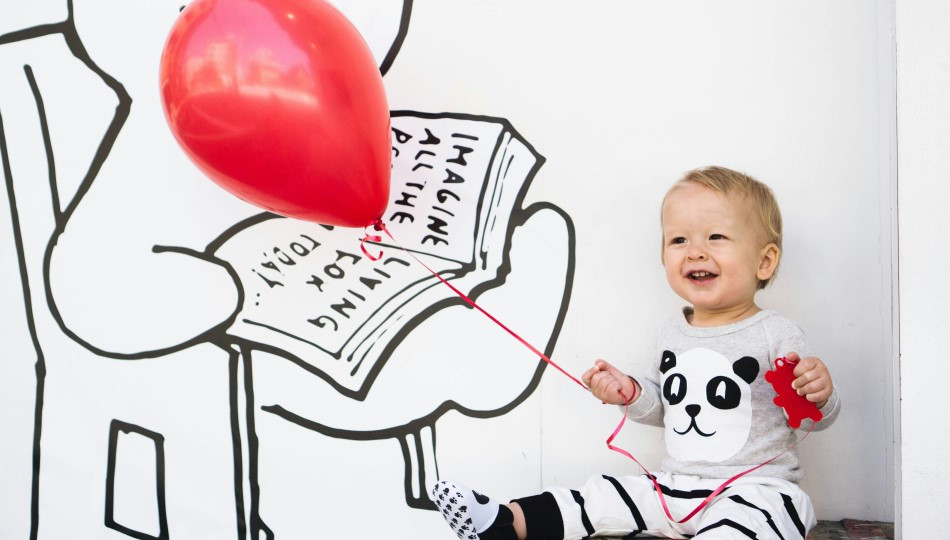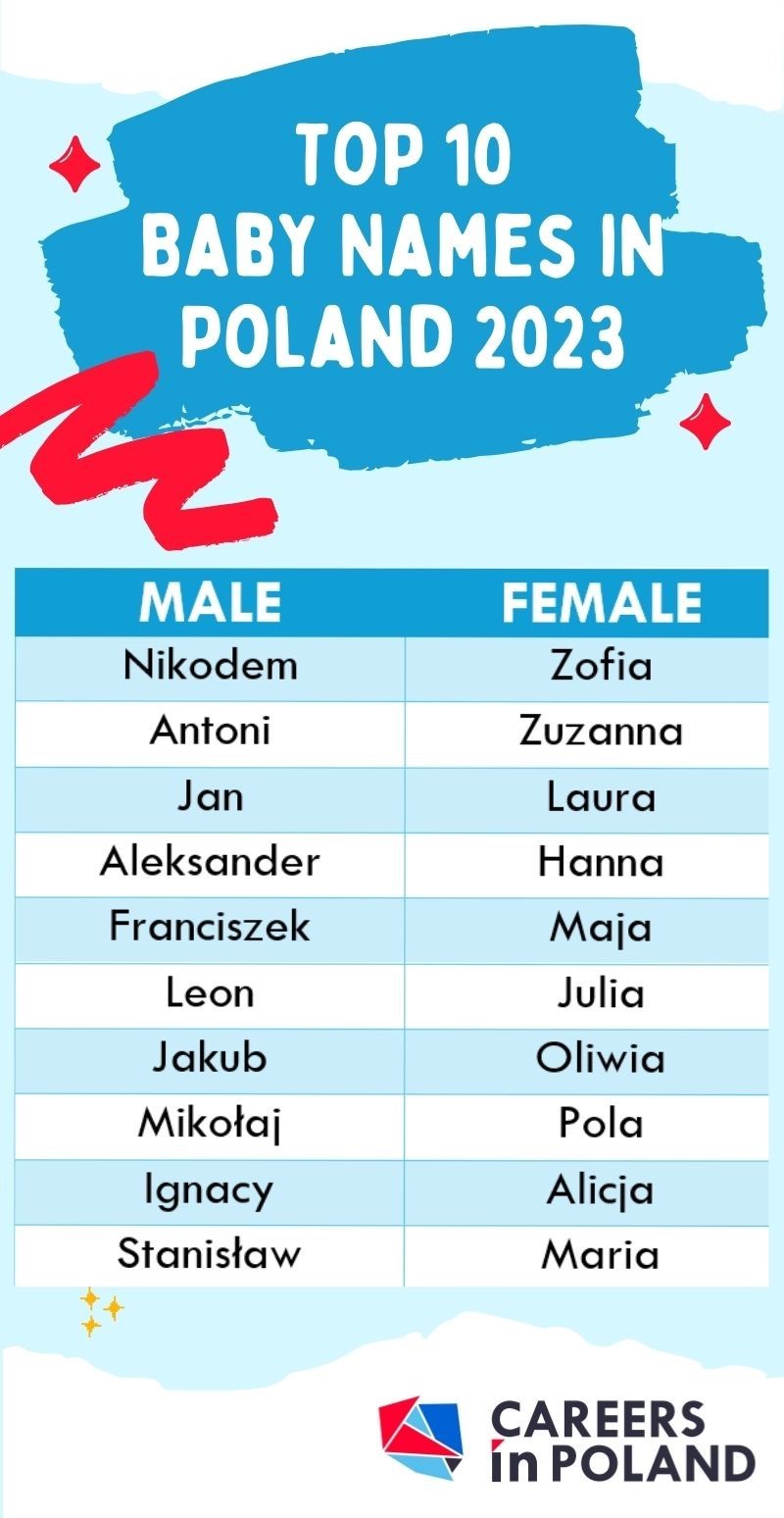Top 10 baby names in Poland in 2023

Editor

Photo by Alyssa Stevenson, Unsplash
related articles
related offers
“A rose by any other name…”
There are many famous quotes about the roles of our names at birth.
Possibly the most famous one comes from Shakespeare’s “Romeo and Juliet”. It makes an argument for the name nod being of great importance. But another interesting, and perhaps more acute, counterpoint was made by the carrot-topped heroine of L.M. Mongomery's beloved novel, “Anne of Green Gables”:
“I read in a book once that a rose by any other name would smell as sweet, but I've never been able to believe it. I don't believe a rose WOULD be as nice if it was called a thistle or a skunk cabbage.”
It’s hard to argue with that logic.
Good name – good luck, bad name – you do the math…
While choosing a name might seem insignificant at first glance, it is anything but that in practice. This decision is made even more complicated by the fact that sometimes something that may seem like a solid choice can turn out to be wrong later – as countless Daeneryses, born before their parents had a chance to watch the last season of Game of Thrones, can attest to.
The importance of giving a name is more apparent the more you think about its implications. After all, our name is something we will be hearing our entire lives: it’s probably the first thing other people learn and remember upon first meeting us, it greets us from the header of our emails, it identifies us on our passports, driving licenses, and so on.
It may seem pretty insignificant, and it can be exactly that. But what happens if you end up with a name you detest? Then our parents' lapse of judgment could haunt us for our entire lives. And perhaps even longer, when the hated name is engraved on our tombstone, and we are the ones doing the haunting to enact petty but well-deserved retribution against our short-sighted progenitors.
Name-giving trends and traditions
In many countries, the name-giving process can be deeply entwined with cultural traditions.
In Asia, names are frequently chosen based on their meaning or to bring their bearer of good fortune. The auspicious name is typically selected with the aid of an astrologer, who can decipher the arcana of lunar constellations at the time of the baby’s birth.
In some Western cultures, names are frequently passed down from an elder family member to one of the younger descendants. From father to son, mother to daughter, names are shared across generations, though it’s not uncommon to skip one and use the grandfather-grandson model. This trend can be found in Poland and is used mostly to honor one of the grandparents, though it’s not very common as Poles are not big fans of the whole “Senior-Junior” affair.
In general, Polish people often choose baby names based on naming trends, or their personal preferences and whims.
Most popular baby names in Poland – 2023 Edition
According to the 2023 provided by the Ministry of Digitization, the most common names given to children in Poland that year were:













